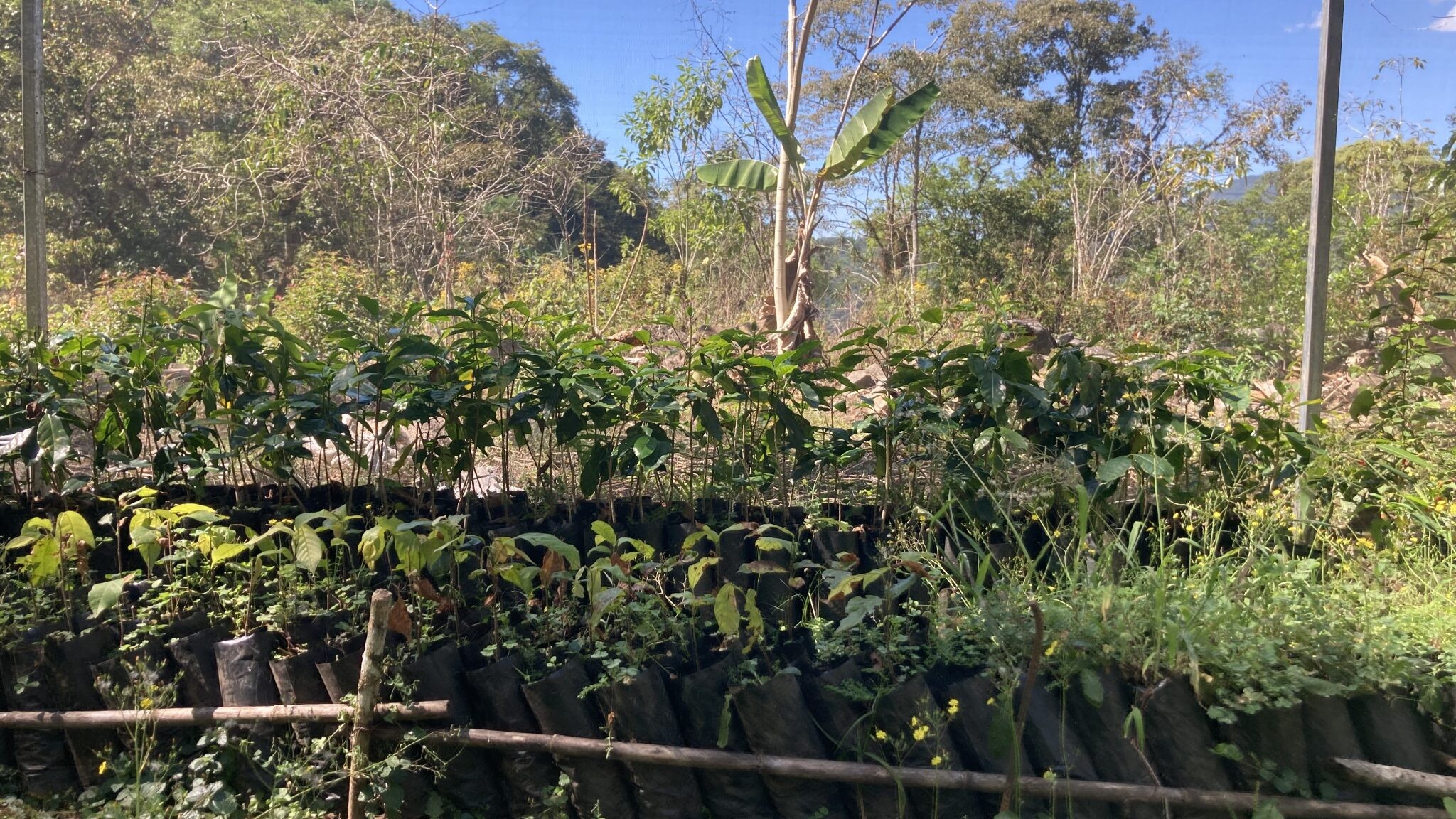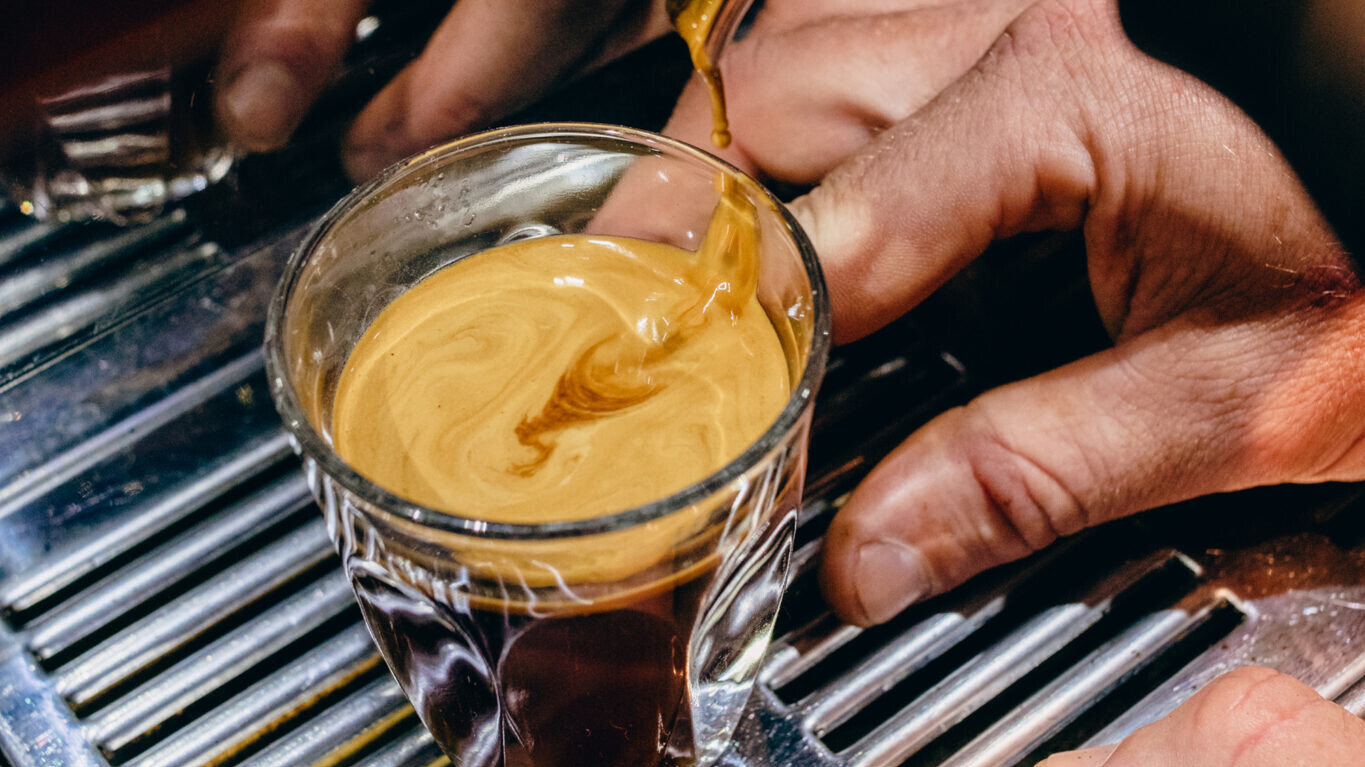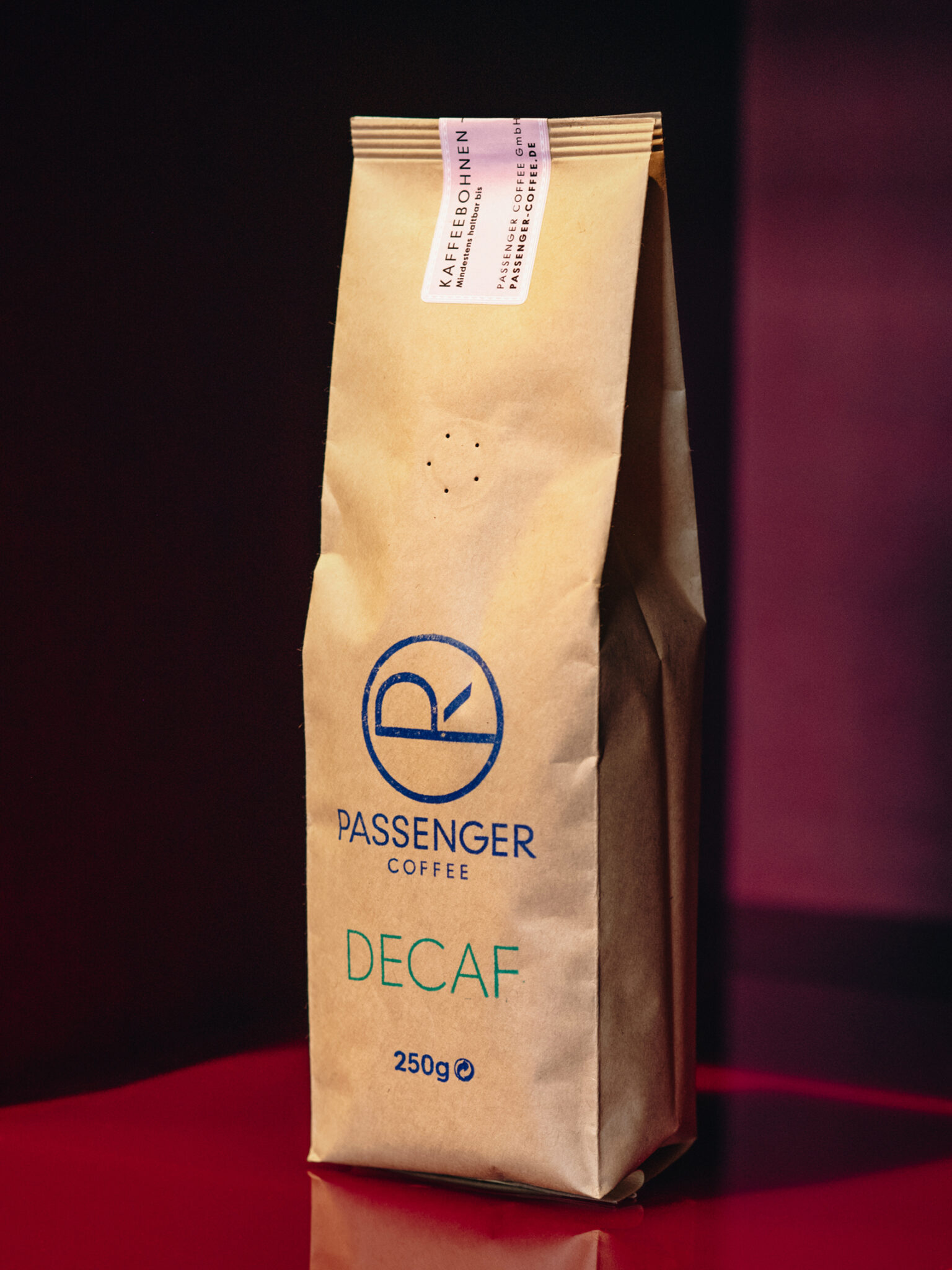Concentrated sunshine
The chemical compound 1,3,7-trimethylxanthine known as caffeine, is probably the most commonly consumed psychotropic substance in the world. Not only humans, but in the entire animal kingdom it enjoys enormous popularity. The natural supply is also more versatile than is generally assumed: Caffeine is found in the plant parts of coffee, cocoa, guarana, tea and cola nuts, as well as in the flowers and nectar of some citrus fruits.
Once Alexander von Humboldt described a cup of coffee as concentrated sunshine, thus vividly illustrating the importance of the drink and its effect on people.
It was primarily this effect and certainly not the taste that was responsible for its worldwide spread. Just as it is the case with other drugs: they are rarely consumed because of their taste! But what is the adaptive advantage of a plant that becomes a caffeine producer?
What function does caffeine fulfill for these plants?

Plants utilize the effect of caffeine on the consumer's nervous system in two different ways:
On the one hand, there is the defense function - the production of caffeine serves to protect the plants from predators. Due to the bitter smell and taste of caffeine and the toxic effect on the organism that occurs at higher doses, the plants are generally avoided by the animals. For a long time, this protective mechanism served as sufficient and sole justification for caffeine's raison d'être.
But as scientists have been able to prove in the last 10 years, the plants have gained another advantage for selection: through the loyalty function.
Caffeine is a psychoactive substance which, in the right dosage, can have a stimulating effect on the consumer's perceptual apparatus. The stimulant increases attention, memory, concentration, motivation and confidence - in short, it makes you alert and invigorates you.
This is nothing new and certainly the reason why millions of people visit our cafés every day. But humans were not the first caffeine addicts!
Who were the first coffee junkies?

Bees.
A scientific study from 2013 was able to show that some plants were able to attract bees, in particular thanks to the caffeine content in their flowers. The bees are guided by the scent of the flowers and prefer to visit plants that have already rewarded them with nectar for pollination.
If the nectar also contains caffeine, it induces increased concentration and memory performance in the bees. This means customers return to the same plants even more frequently. By turning the bees into reliable regulars through caffeine production, the hosts benefit from increased pollination and thus an increase in their population. Business is booming.
Die Analogie dieser zweiten evolutionären Strategie zum Verhältnis von Röstereien und Cafébetreibenden zu euch Kunden ist evident. Unnachgiebig locken wir mit dem immer gleichen Rauschmittel in unterschiedlichem Gewand von Röstungen, Mischungen, ungewöhnlichen Spezialitäten und Getränkekreationen, der Manipulation eurer Gewohnheit wegen. Es ist jedoch nicht zu leugnen, dass in den letzten Jahrzehnten auch durchaus der komplexe und feine Geschmack des Getränks überzeugender geworden ist und zur Beliebtheit beiträgt. Nichts aber täuscht am Morgen bei einem Blick in die Gesichter darüber hinweg, dass es euch eigentlich nur um den Stoff geht – den Kick, das Einfangen des Geistes und den Tropfen konzentrierten Sonnenscheins, der die Dinge an den rechten Platz rückt.
NATÜRLICH SCHREIBT DIES EIN JUNKIE UND DEALER, DER SELBST HÖCHST ABHÄNGIG IST UND SICH AUCH OHNE WIEDER KEHR DIESEM WEG VERSCHRIEBEN HAT. DENN DAS LEBEN WILL GELEBT WERDEN.
But we also have something delicious on the passenger shelf for the teetotallers, the clean ones and the dreamers. Or for some, it may be a completely new experience without hesitation, a change of perspective: PASSENGER Colombian Sugar Cane DECAF! Disenchanted by its psychotropic effect. Its taste alone is convincing. Warning: it can also be addictive!
EIN HOCH AUF DIE KRAFT DER PFLANZEN!
References:
-
Pollan, Michael: This is your mind on Plants, Penguin Books, 2021.
-
Wright, G.A., et al.: Caffeine in Floral Nectar Enhances a Pollinator’s Memory of Reward., Science339, no. 6124 (March 8, 2013): 1202-4.
